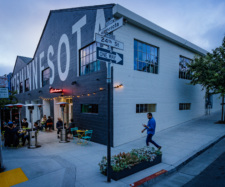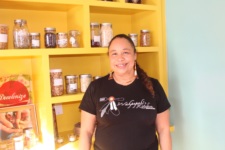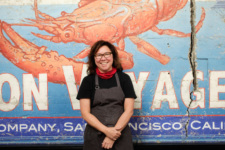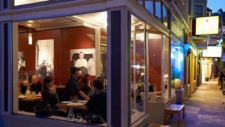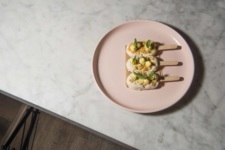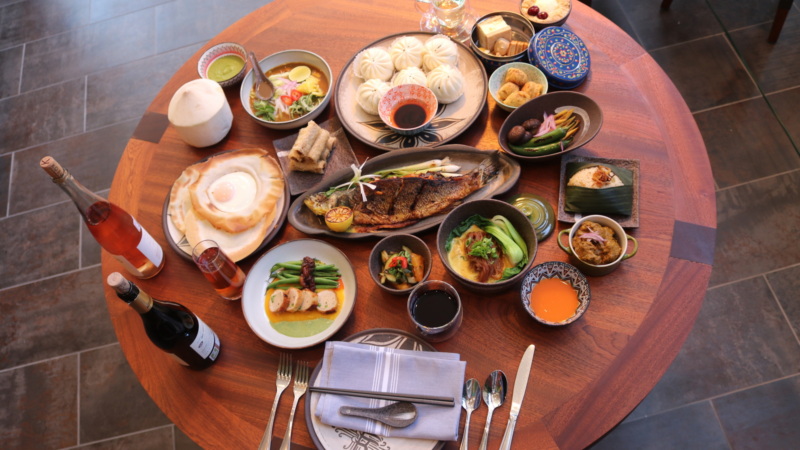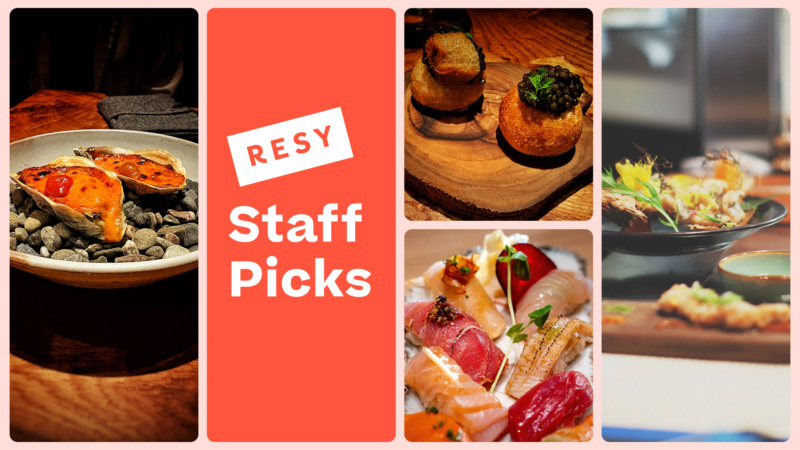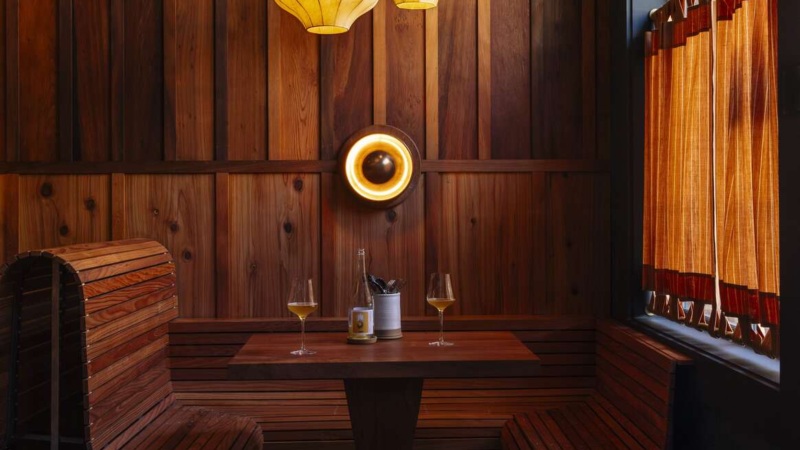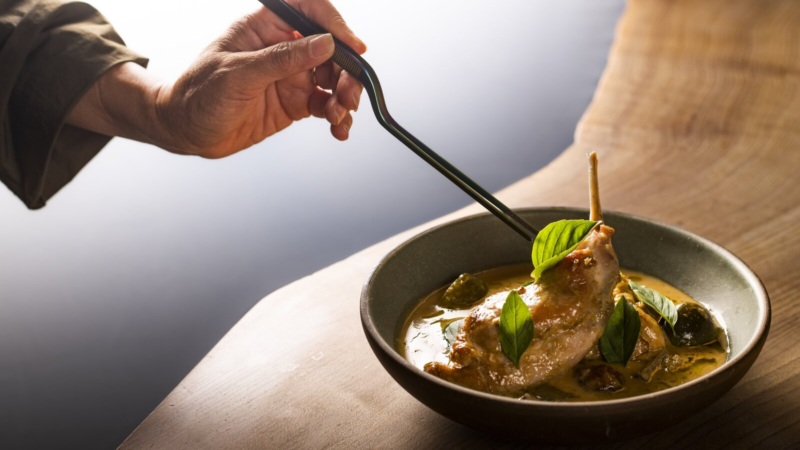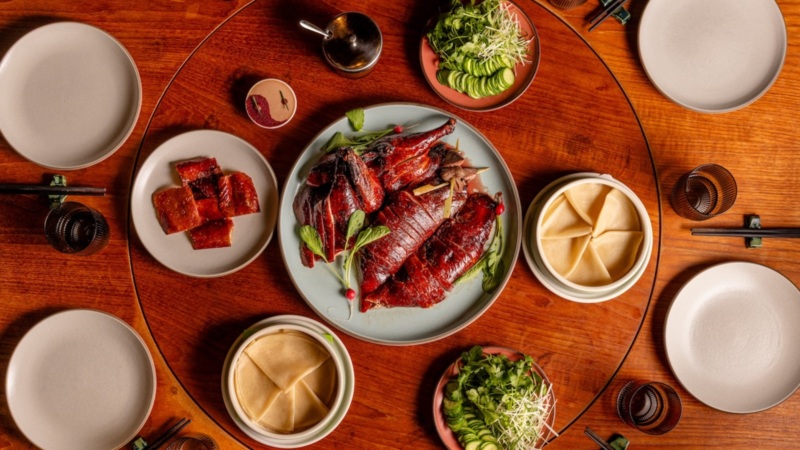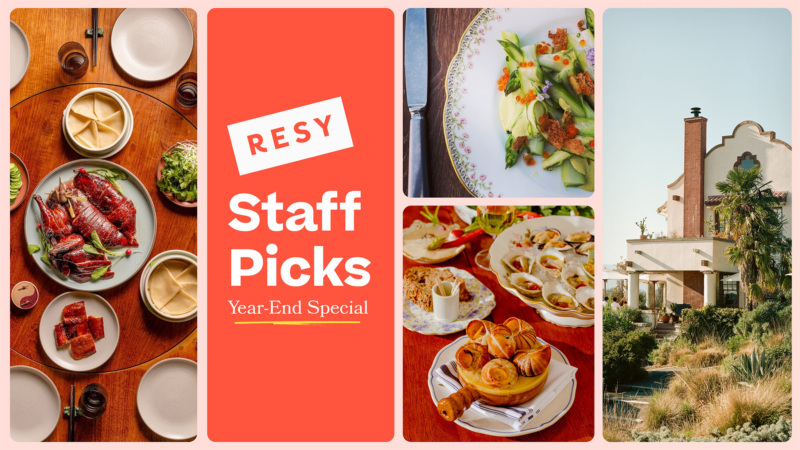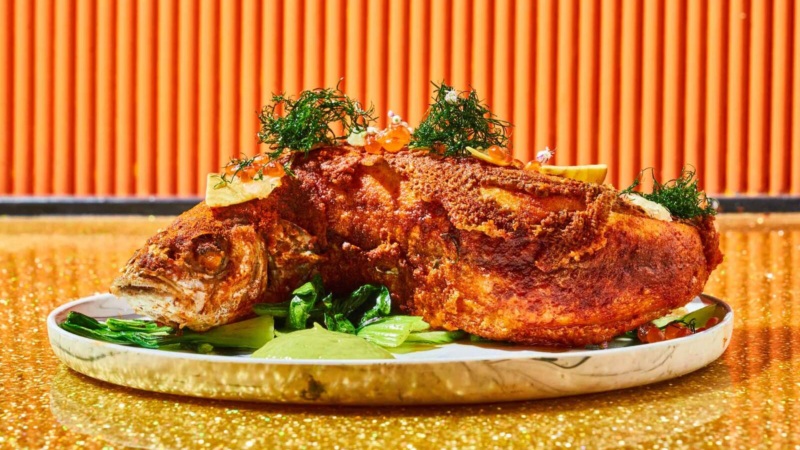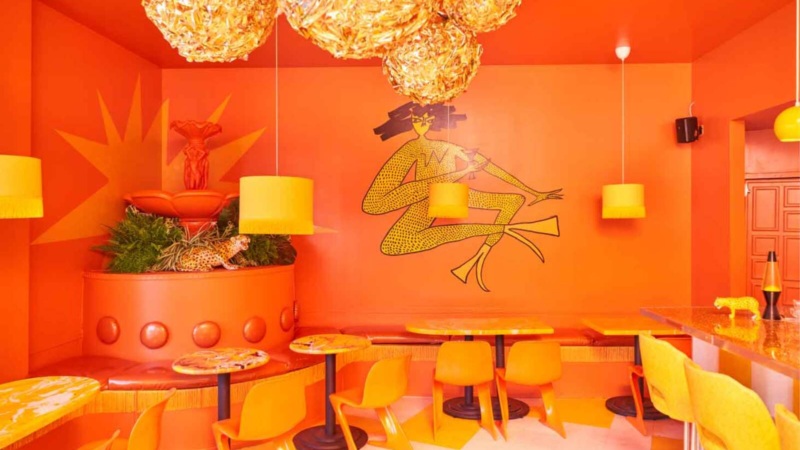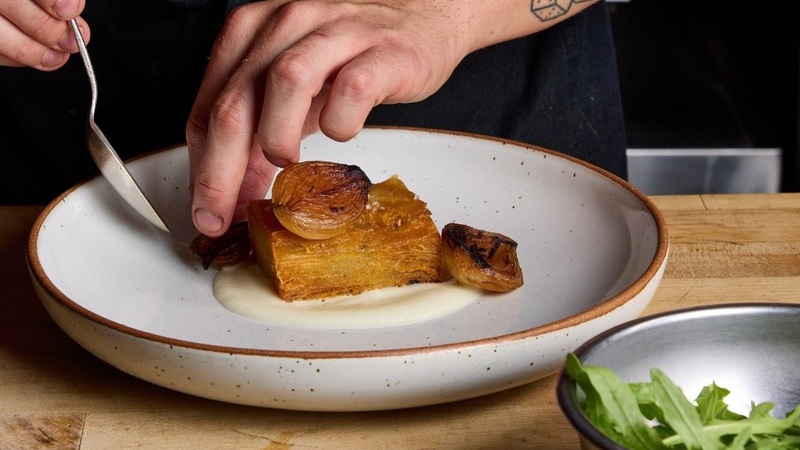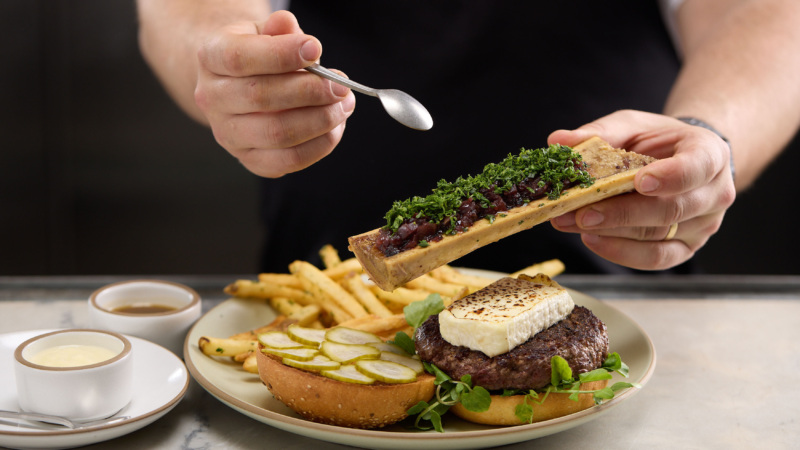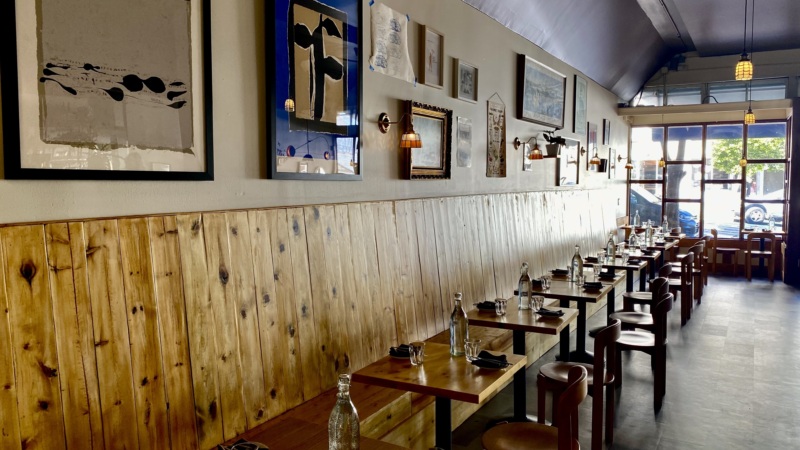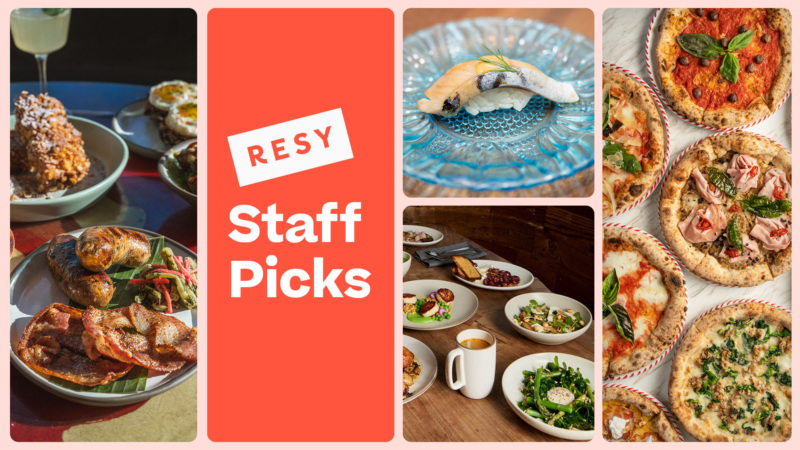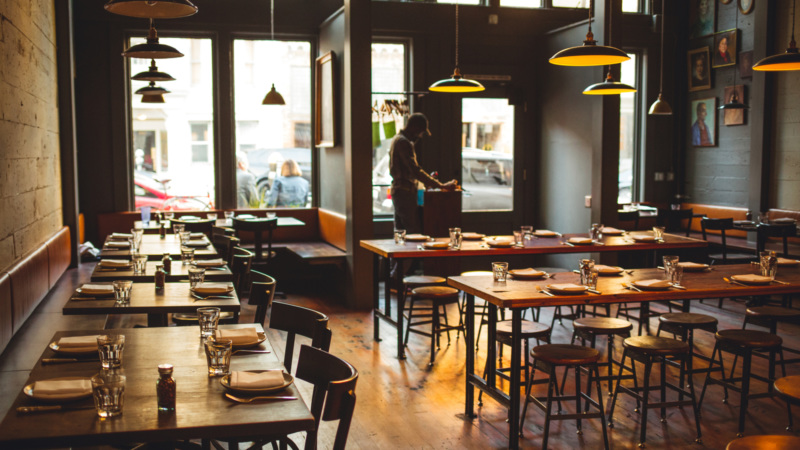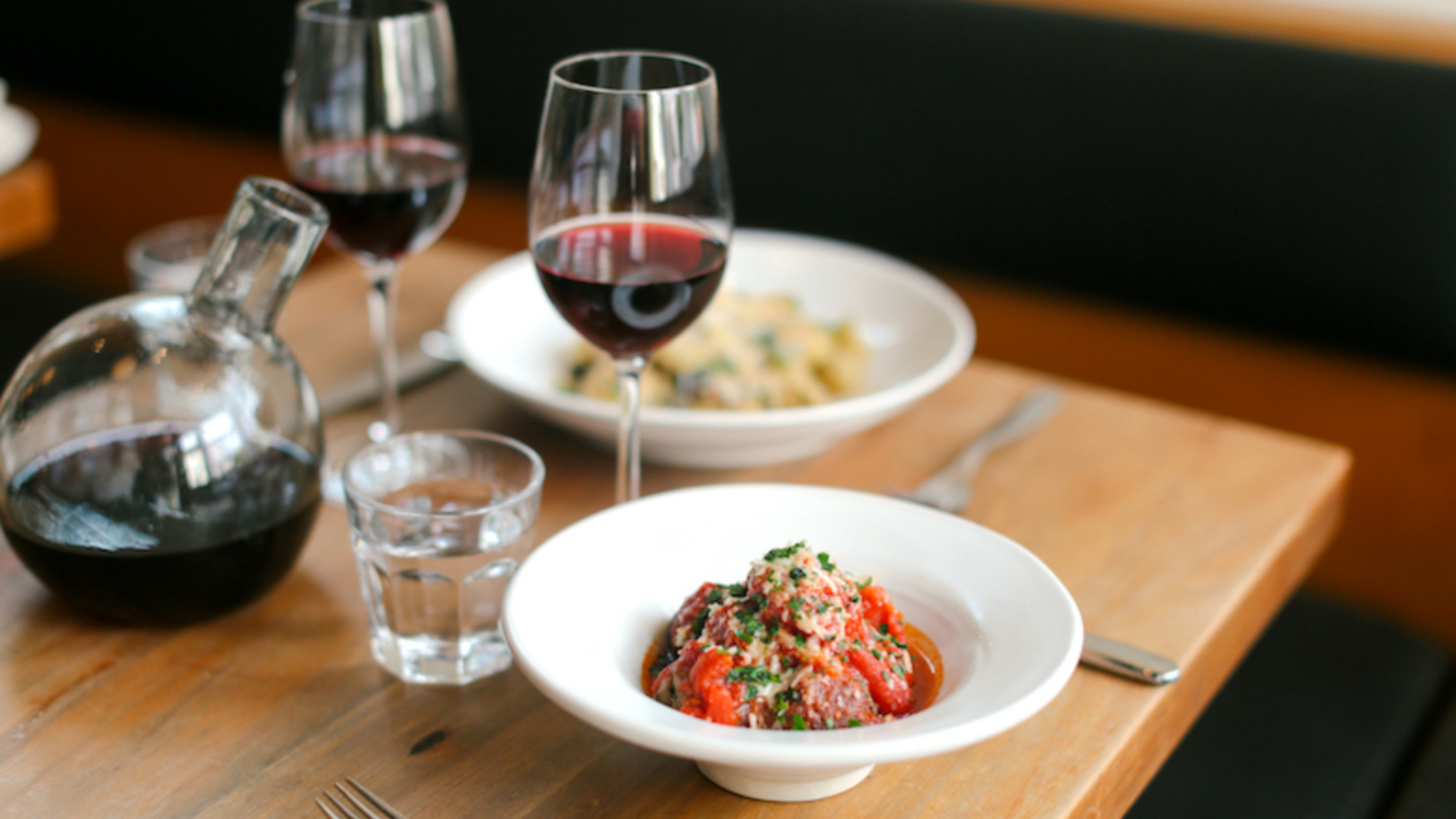
Piccino’s Margherita Sagan and Sheryl Rogat Reflect on Their Journey and the Community They’ve Built
Published:
Piccino is a quintessential neighborhood restaurant that’s been an anchor to the community in the Dogpatch since it opened its doors 17 years ago on 22nd Street. Whether it’s for morning coffee and pastries or for pizza and pasta during a long lunch or dinner, or now for cocktails and bar snacks late into the night with their new bar, Piccino is a place that has a little bit of everything for everyone. We sat down with its founders/owners Margherita Sagan and Sheryl Rogat to learn more.
Resy: Let’s start from the beginning. How did you two meet? And where was the idea of Piccino born?
Sheryl Rogat: Over food and coffee.
Margherita Sagan: We kept running into each other at favorite hangouts for coffee — namely Blue Bottle at the time. We kept recognizing each other.
SR: We got to know each other, and in those conversations, we found a common shared love: food. Margherita had always wanted to have her own café. She was in the works of it. I wanted to leave corporate America at the time. We speed-dated quickly.
View this post on Instagram
Why is it called Piccino?
SR: The cornerstone of Piccino is food and pizza and pasta. And coffee. We knew we wanted those components — they were important to us. When the first space was available, it was so small, we were trying to figure out names.
MS: In Italian, “piccino” is something you call a sweet small thing, like a baby. It’s very charming and invites positive thoughts. The first location was barely 700 square feet. The kitchen had no stove, just an induction burner, and a pizza oven, and we had a coffee bar fully staffed and equipped. And the dining room with about seven tables — six inches apart from one other.
Piccino indeed. How would you describe both of your roles at the restaurant in the beginning, and how has it changed over the last 17 years?
MS: We still run with heart and soul. Sher is a lot more gregarious. She thrives being in the dining room, talking with customers, making friends out of everyone. I’m a little bit more of an introvert. I like more the business and back office. Sher was more in the dining room, making more connections. We decide everything together. After 18 or 19 years together, we care and deeply respect each other. And it’s still working very well.
SR: What we commonly share is the love of food. We have an amazing chef, Daniella [Mayda Banchero]. Daniella is the common denominator with Margherita and I when it comes to the food.
MS: Not being owners/chefs, we have brought to Piccino chefs and cooks that we thought were the right fit, expressing our vision of what the food and atmosphere and experience should be. We’ve had over a few over the 17 years.
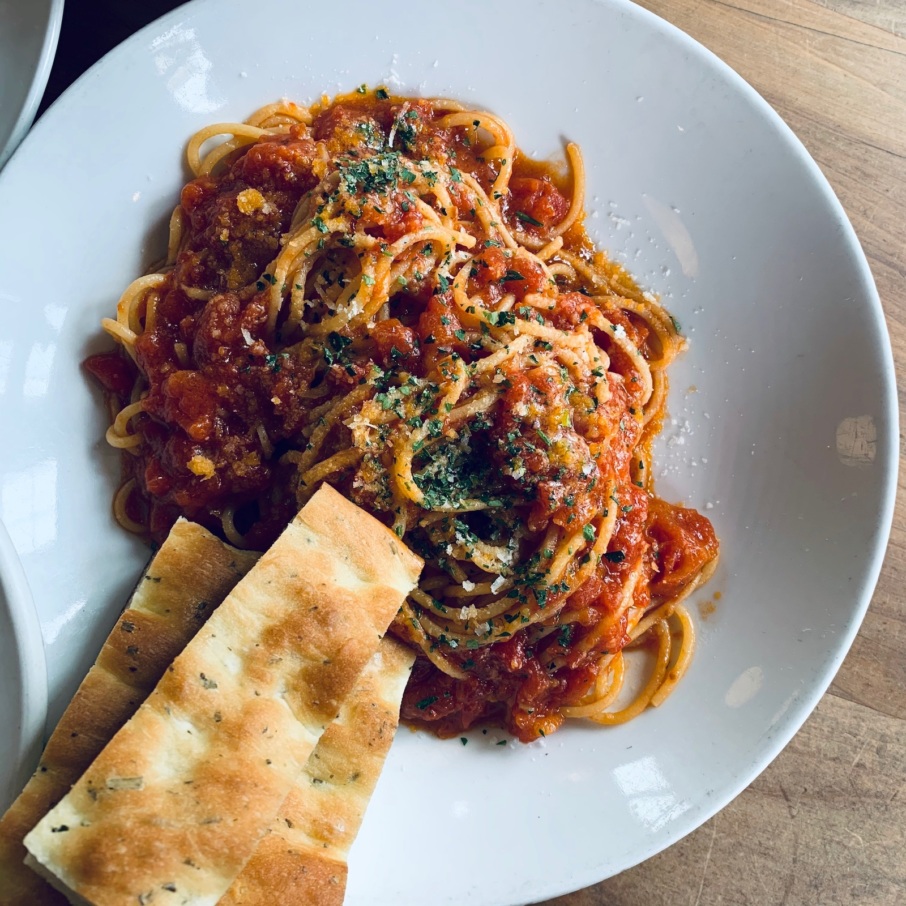
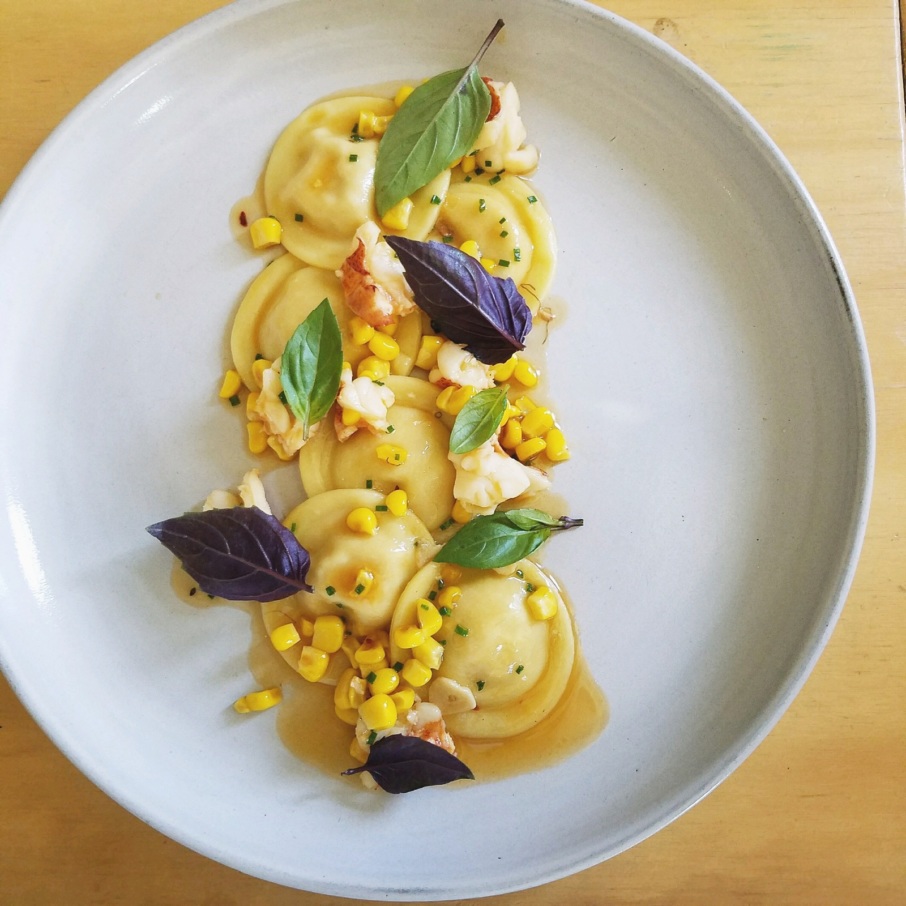
I know Rachel Sillcocks was one — she now runs Hilda & Jesse. And Sean Thomas was also an alum — he is now running the kitchen at Buddy. Any other notable alum?
SR: There’s Anne Olvera — she’s the executive chef at Zuni. For a time we had Ravi Kapur — he was in between things and we needed help.
And your current chef — Daniella Mayda Banchero. Tell us about her. What do you like about her approach to cooking?
MS: Daniella is an instinctive chef. She feels the dish and puts it out. She has an idea in her mind, it comes on a plate, and it’s perfect. She also comes from a family of restaurateurs — her father had a restaurant. She’s just a natural.
Does she have full control over the menu? How are menus written? What’s the process there?
MS: We discuss it together and she runs with it. She has a vision that’s her own, and it’s something we really truly love and respect and have enormous appreciation for. We know her so well now — she really has control of the menu. For us, it’s just the pleasure of having food conversations and tastings and discussing ingredients. We have a small little farm in Healdsburg — discussing what we’re going to plant for next season. It’s so natural, it really works.
What’re some things that have been on the menu since Day One? If any?
MS: The polpette. It’s a family recipe of mine.
SR: All the pizzas. The margherita. The salsiccia. The bianca. Those have been staples.
MS: There have been dishes that have been there for years, [like the] chiocciole. It’s a pasta dish with fennel and sausage and kale — it’s really amazing.
What’s a perfect order in your mind?
MS: The sections of the menu are so different. Basically, order something from each section of the menu.
SR: For me, I like to taste through menus. Start with some olives and focaccia — and some pizza — then some antipasti and salads. Then pasta, and end up with a dessert. We have our own pastry team that makes everything for the coffee bar and the restaurant.
MS: Our menu is very heavy on produce. We have amazing salads and vegetables and produce-based apps that aren’t seen in many restaurants. Someone once referred to Piccino as the best non-vegetarian restaurant for vegetarians.
For us, it’s just the pleasure of having food conversations and tastings and discussing ingredients.— Margherita Sagan, Piccino
Not too many restaurants have their own farm. How did that happen?
SR: It was always a vision.
MS: Several years ago when we started, I happened to know a wonderful young farmer who worked under Bob Canard. She wanted to be on her own, [so] I hired her. Her name is Miriam Blackman. She’s trying to grow more because we’re growing — she’s hiring some helpers.
Now that spring is hitting, what’re some things that’ll be growing on the farm, and how will that make its way on the menu perhaps?
MS: Lots of broccoli. Black radishes. Salad mixes.
SR: A lot of herbs. All the garnishing greens. Arugula.
Piccino is in its 17th year. What’re your goals for the restaurant at this point? How have they changed, if it all since the beginning?
MS: Making it through the pandemic has been so difficult, challenging, and personally demanding that we came out of it in good faith. But it cost a lot to maintain and not lose it all. The goals are that the people we employ can stay through the thick and thin. First and foremost, the spirit and the loyalty of the people we employ. We have an amazing crew in the kitchen and the front of house. The back of house is truly a stalwart and an example of loyalty. My goal is not to grow and make more money — we want to stay in business, stay healthy, and do the right thing by our employees and customers. As long as we have fun and continue to have love for what we do, that’s what matters.
Piccino is undoubtedly a neighborhood restaurant. What does that mean to you as owners/operators?
SR: We’ve been so fortunate. All we care about [are] our employees and our customers. Our customers are loyal — we wouldn’t be here if it wasn’t for the constant support. We have regulars who have been coming here since 2006. We know kids who were three and now they’re going to college. That part has been so rewarding. Some of our employees have also been with us for so long. We feel we have a duty to keep this place going.
How has Bar Piccino been going?
MS: I love that little bar. It’s given me so much fun, discovering the amazing flavor you can achieve with stuff that comes in bottles (laughs). It’s going well. It has room to grow for sure — we’ve only been open less than six months. We’re getting lots of appreciation and attention. We’re happy.
Anything else you’d like people to know?
SR: The present is so good. We’re just proud of where we’re at right now, with the really special team that we have. We’re in the golden age of Piccino. We have an amazing group in the front and back, and all our key people happen to be women — we’re getting along beautifully.
Omar Mamoon is a San Francisco-based writer & cookie dough professional. Find him at @ommmar.
